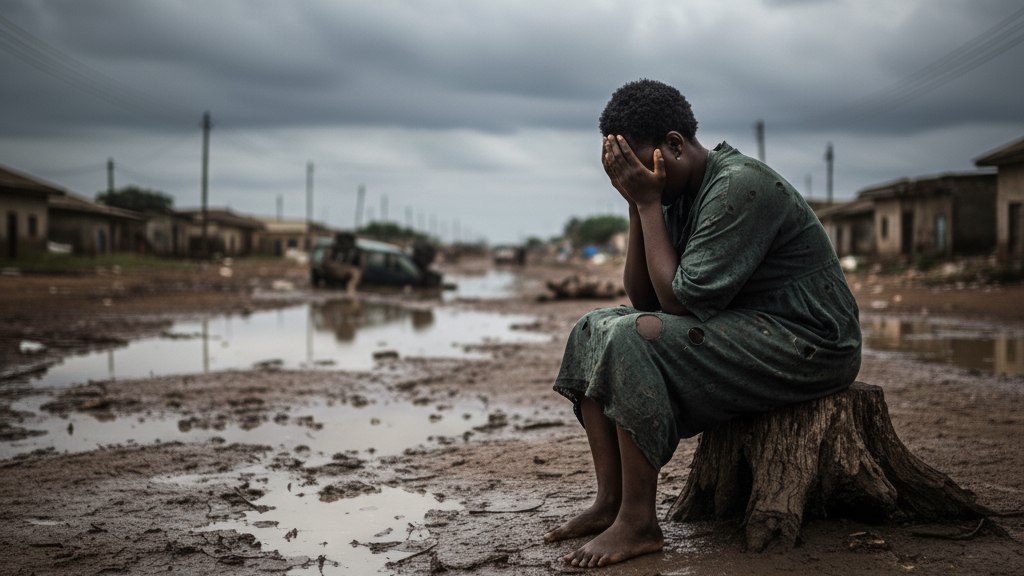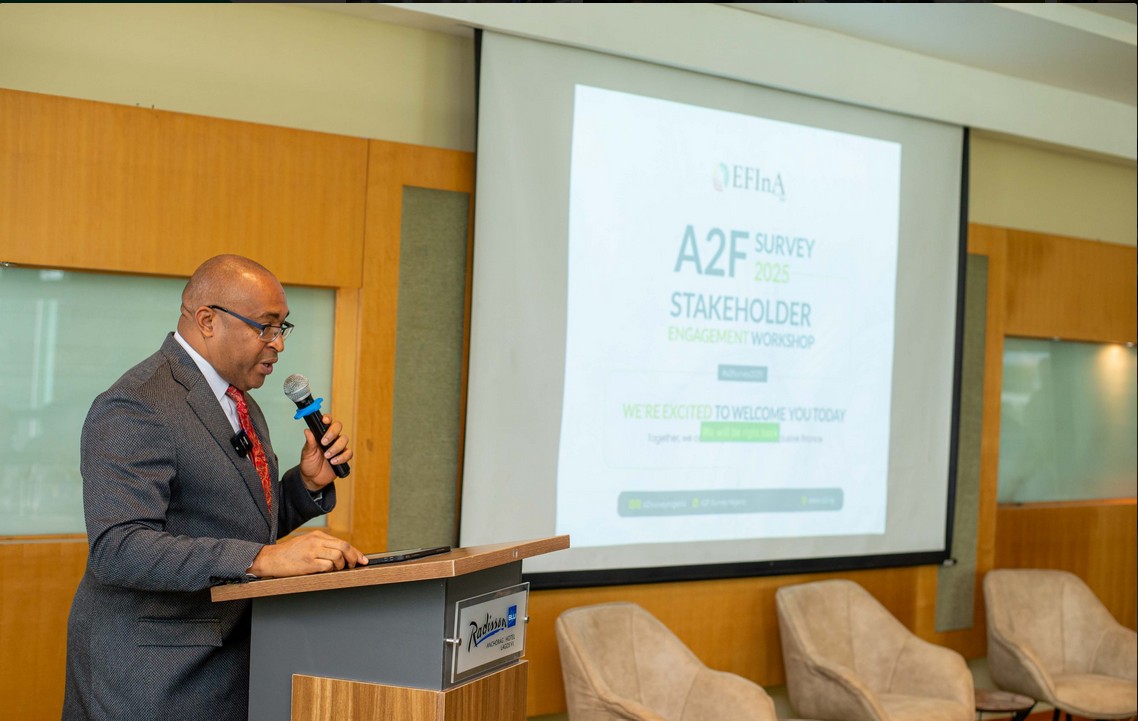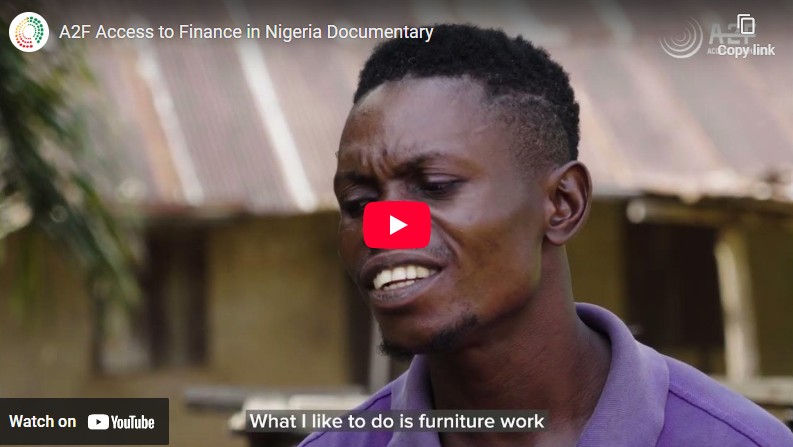No fewer than 28.8 million Nigerians, predominantly farmers and dependents, more likely to be females, and to live in rural areas in Northern Nigeria, are…
No fewer than 28.8 million Nigerians, predominantly farmers and dependents, more likely to be females, and to live in rural areas in Northern Nigeria, are excluded from the financial system, according to the 2023 Access to Financial Services in Nigeria (A2F) survey.
According to the survey, which is Nigeria’s primary source of financial inclusion data, designed to assess access to and use of financial services for the adult (18+) Nigerian population, formal inclusion grew from 56% in 2020 to 64% in 2023.
It, however, said the growth in formal inclusion was driven by the increased use of non-banking channels, which grew from 5% in 2020 to 12% in 2023 while those accessing formal financial services through banks increased much more slowly, from 51% to 52%.
Presenting the findings from the survey, the General Manager, Enhancing Financial Innovation and Access (EFInA), Dr Oluwatomi Eromosele, noted that rural communities continue to be considerably less likely to be formally included than urban communities.
She stressed that 37% of rural Nigerians are financially excluded compared to 17% of urban Nigerians. She also observed that the gender gap has widened from 8% in 2020 to 9% in 2023.
“Farmers and dependents are the populations most likely to be excluded. Exclusion continues to be most severe in Northern Nigeria, at 38% in the North East and 47% in the North West compared to only 5% in the South West and 10% in the South South,” she said.
Delivering the keynote address at the event, the Governor of the Central Bank of Nigeria, Mr Yemi Cardoso, said Nigeria’s drive for financial inclusion has been a long, sometimes arduous journey.
Represented by Mr Chibuike Nwagerue, Director, Other Financial Institutions Supervision Department, CBN, Cardoso noted that inclusive financial systems play a crucial role in protecting the most vulnerable individuals.







